Smith's work with the molecular scissors was just the beginning of his remarkable career. In 1993, he embarked on a new project, collaborating with a colleague to sequence the genome of the bacterium Haemophilus influenzae. The successful completion of this project in 1995 marked a significant milestone, as it was the first complete genome of any organism to be sequenced. This achievement paved the way for further genome sequencing projects, including the first draft human genome sequence in 2001 and the first cell made from a synthetic genome in 2010.
According to Smith's colleague, "Hamilton was a scientist's scientist, working in the laboratory almost every day and quietly being an inspiration, friend, and collaborator to all his colleagues." His dedication to his work and his passion for discovery had a profound impact on the scientific community. As one of his colleagues noted, "He was a true pioneer in the field of molecular biology, and his contributions will be remembered for generations to come."
Smith's journey into molecular biology began when he discovered biology while studying mathematics at the University of California, Berkeley. He went on to receive his medical degree and later became a prominent figure in the field of molecular biology. Born in New York City, Smith grew up in Champaign-Urbana, Illinois, where his father was a college professor.
The Human Genome Project, which was built upon the work of Smith and his colleagues, has had a profound impact on our understanding of human biology and disease. The project has led to numerous breakthroughs in the diagnosis and treatment of genetic disorders, and has paved the way for the development of personalized medicine. As one expert noted, "The Human Genome Project has revolutionized our understanding of human biology and has opened up new avenues for research and treatment of genetic diseases."
Today, the field of molecular biology continues to evolve at a rapid pace, with new technologies and techniques being developed to further our understanding of the human genome. The legacy of Hamilton Smith serves as a reminder of the importance of basic research and the impact that it can have on society. As one of his colleagues noted, "Hamilton's work will continue to inspire future generations of scientists and researchers, and his legacy will be felt for years to come."
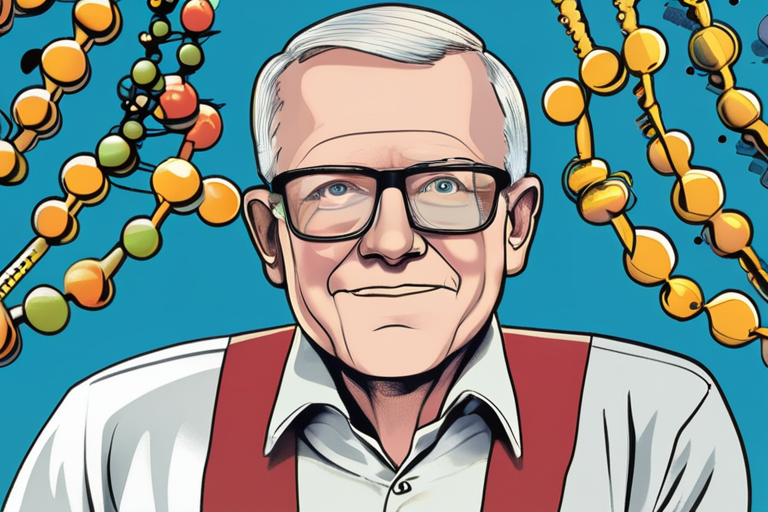



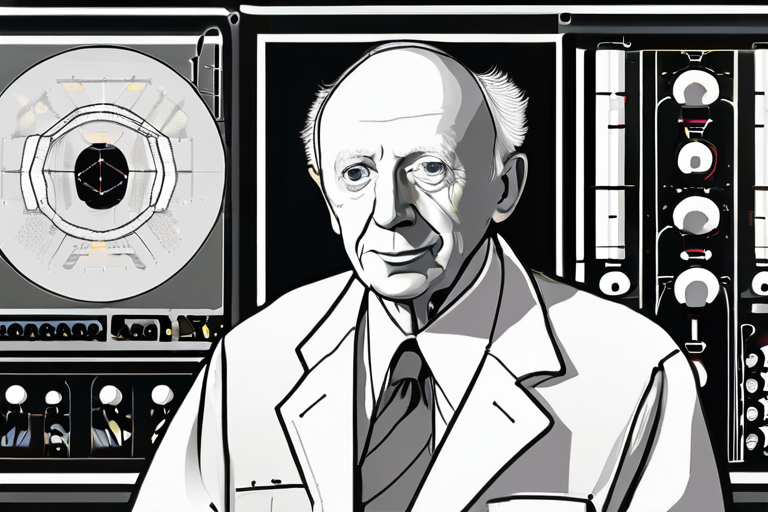
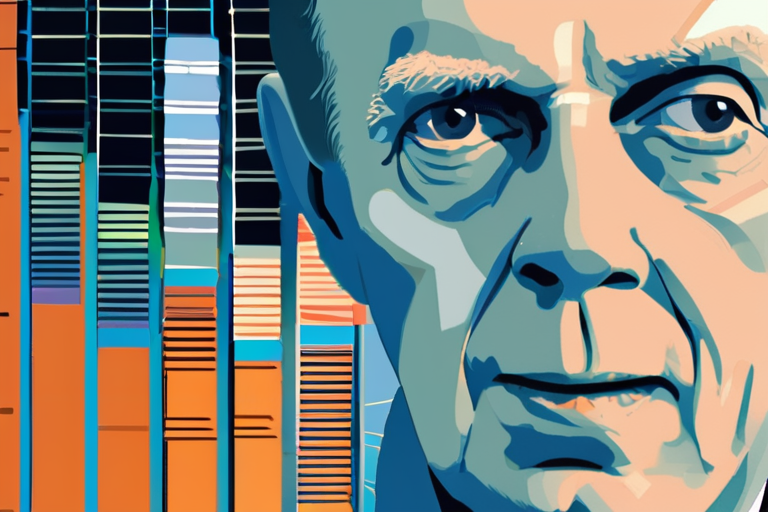


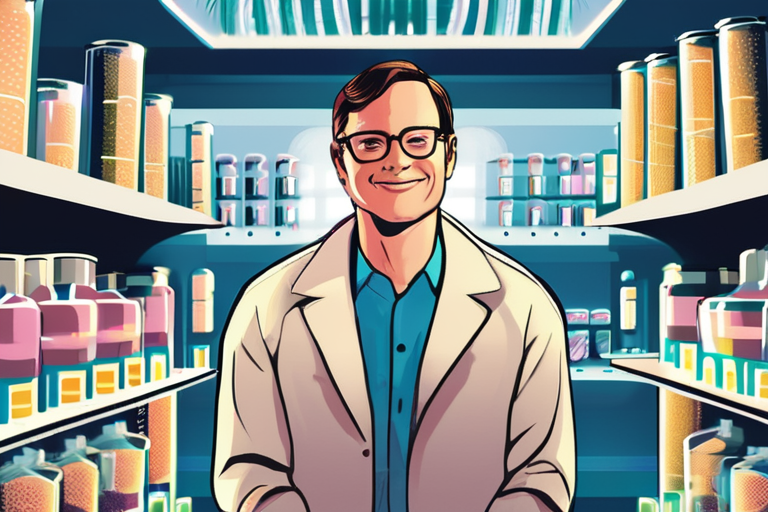
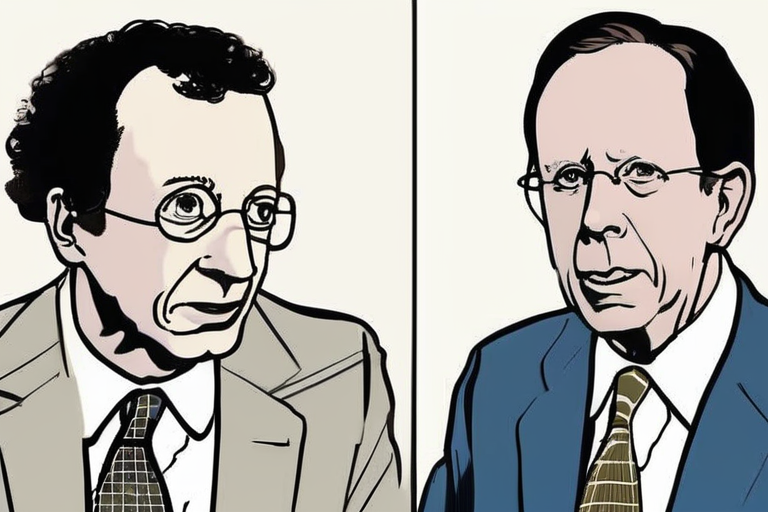
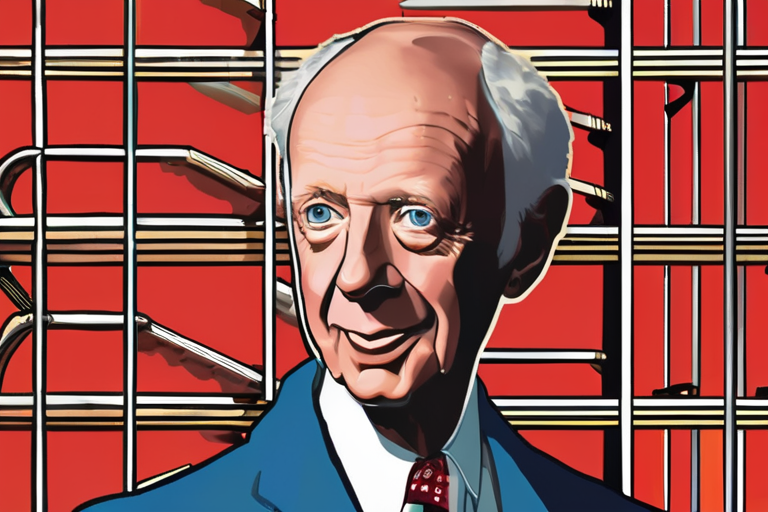
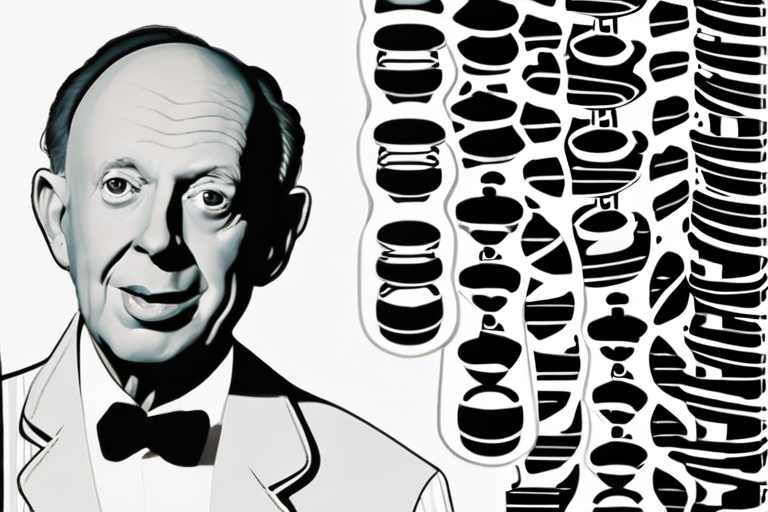
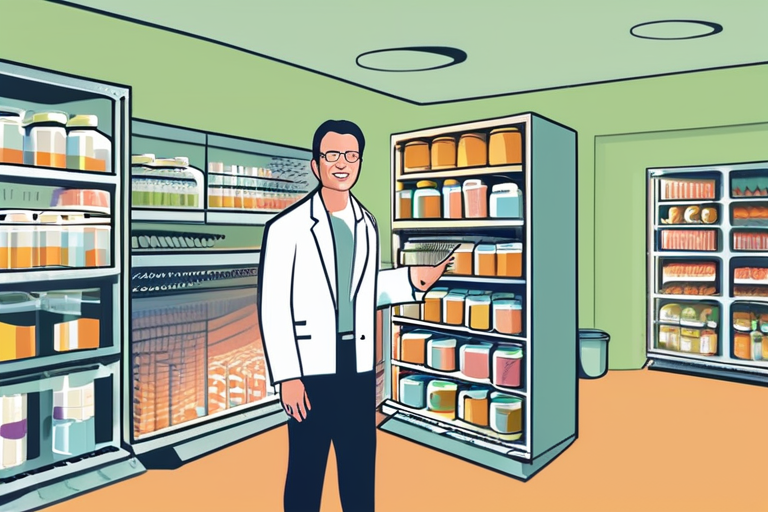
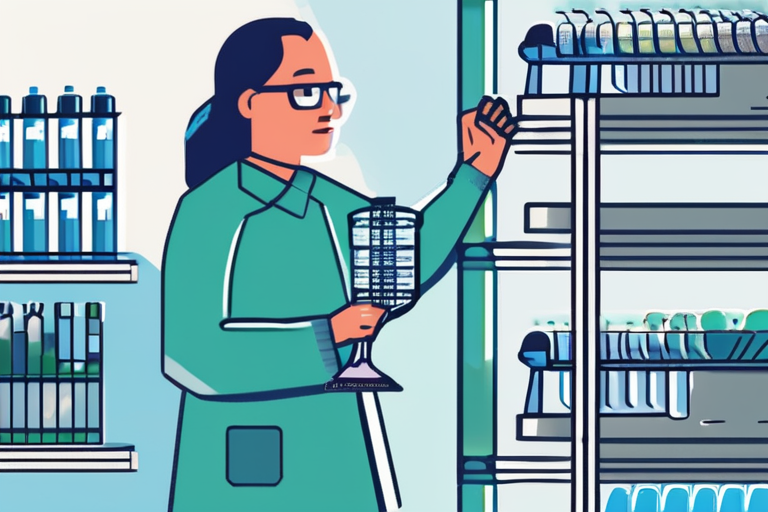
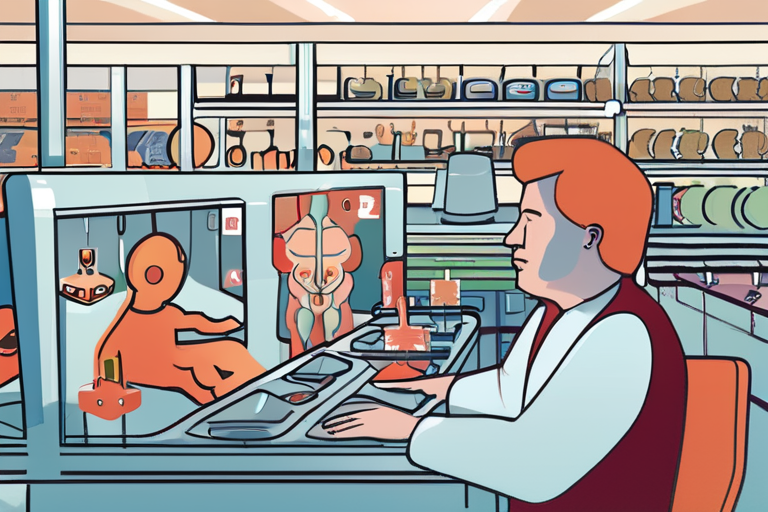
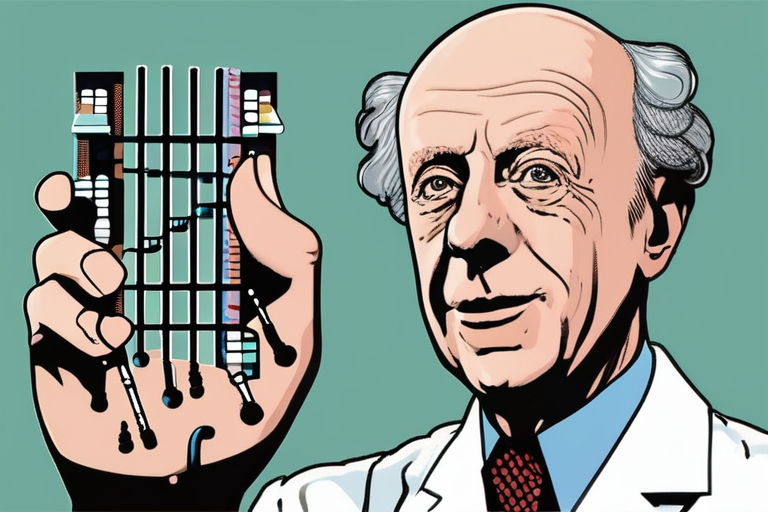
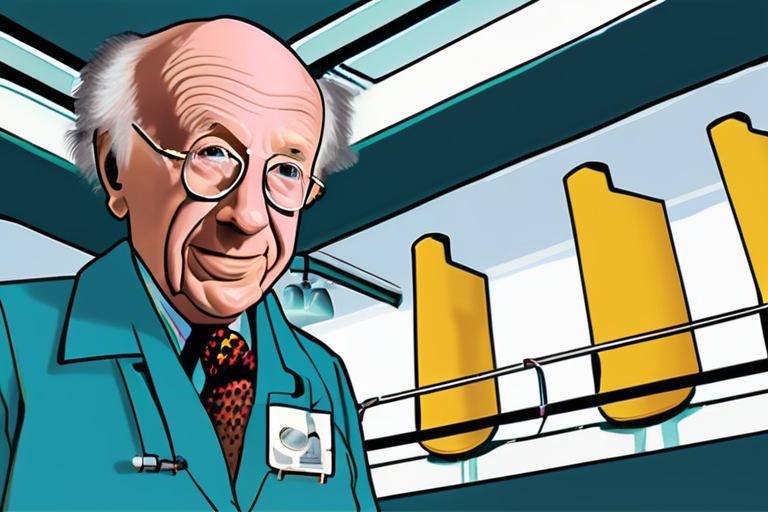
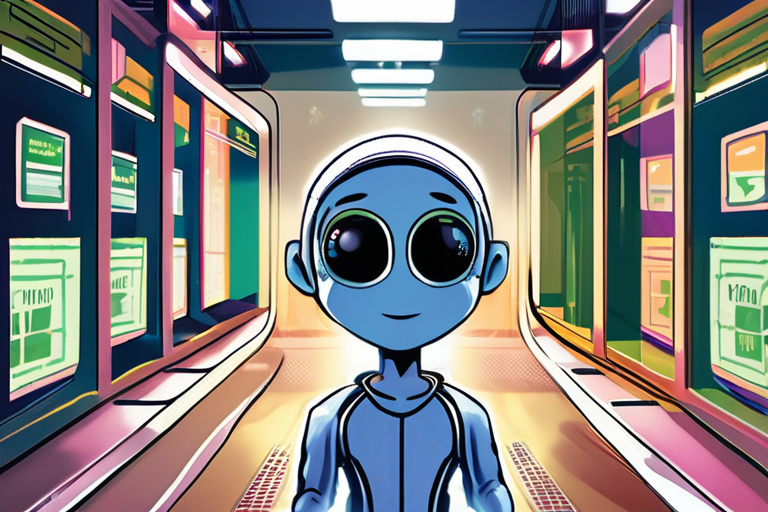
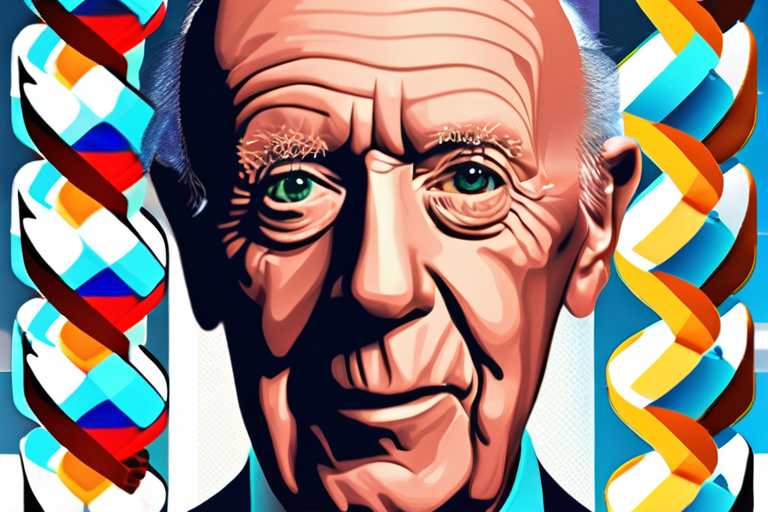
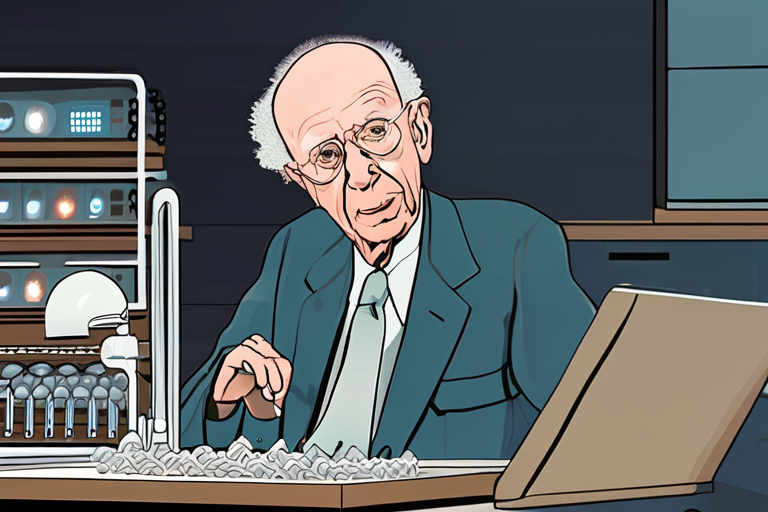
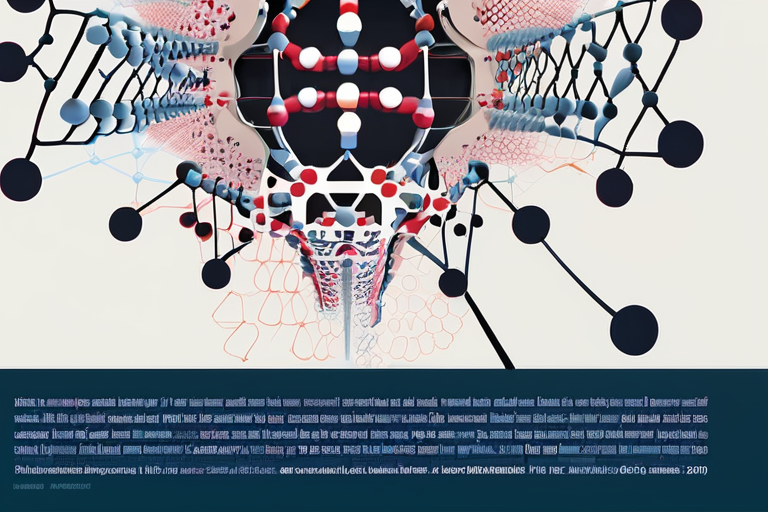

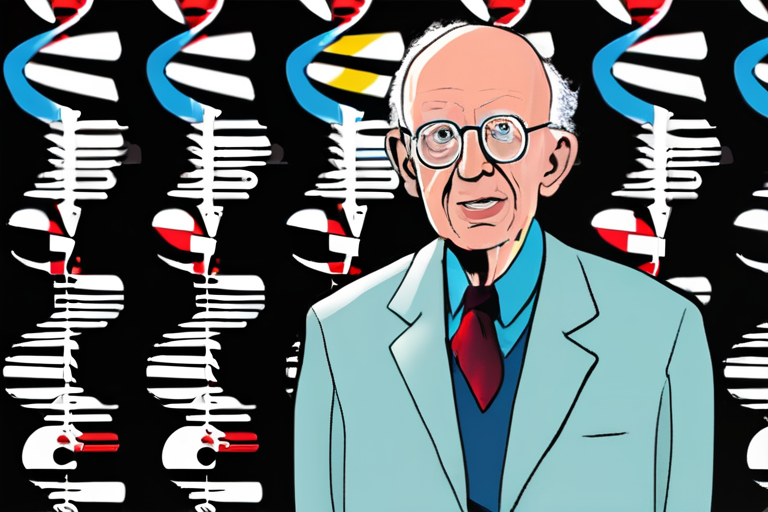
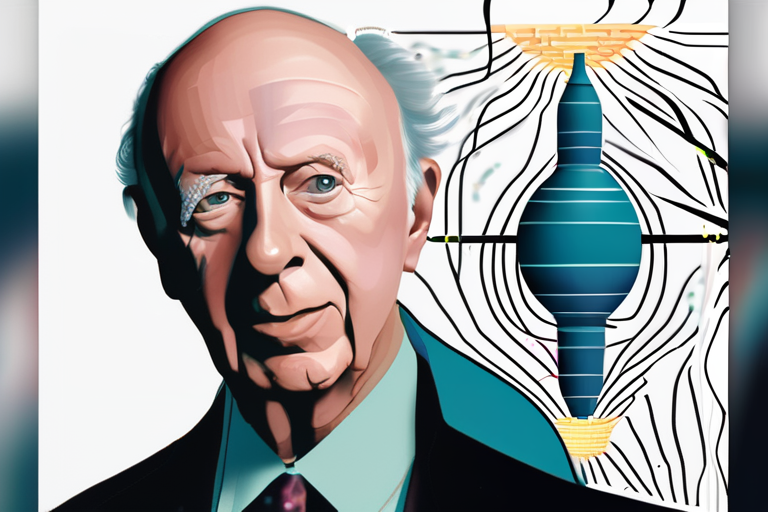
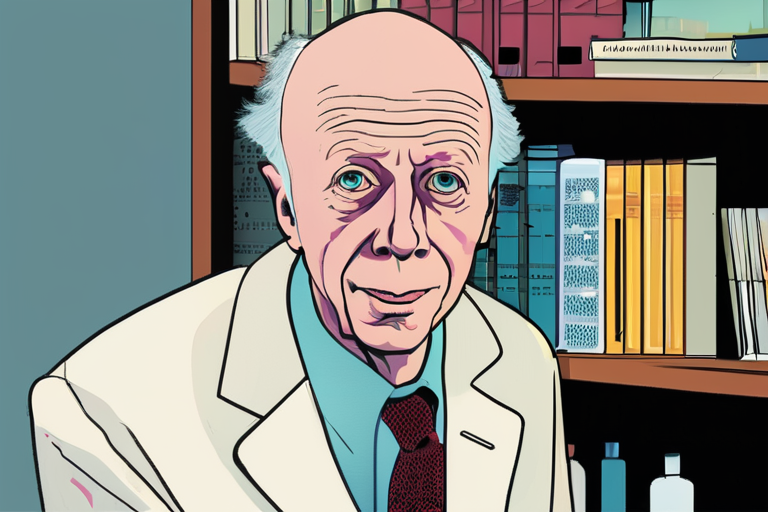
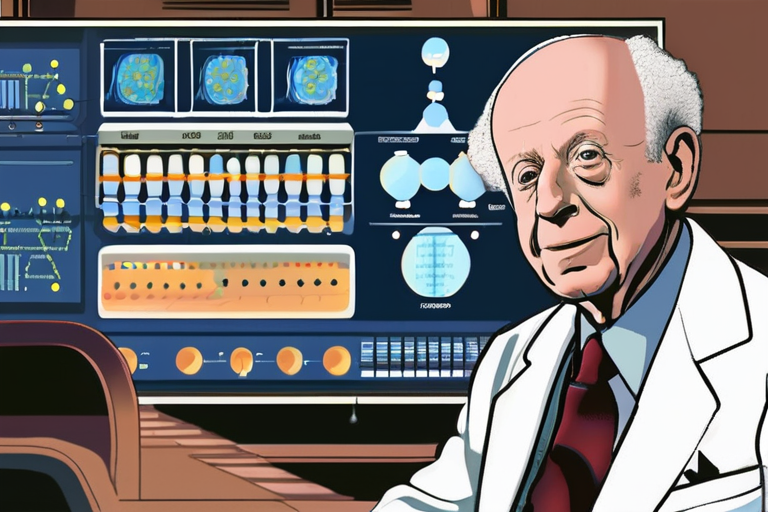
Share & Engage Share
Share this article